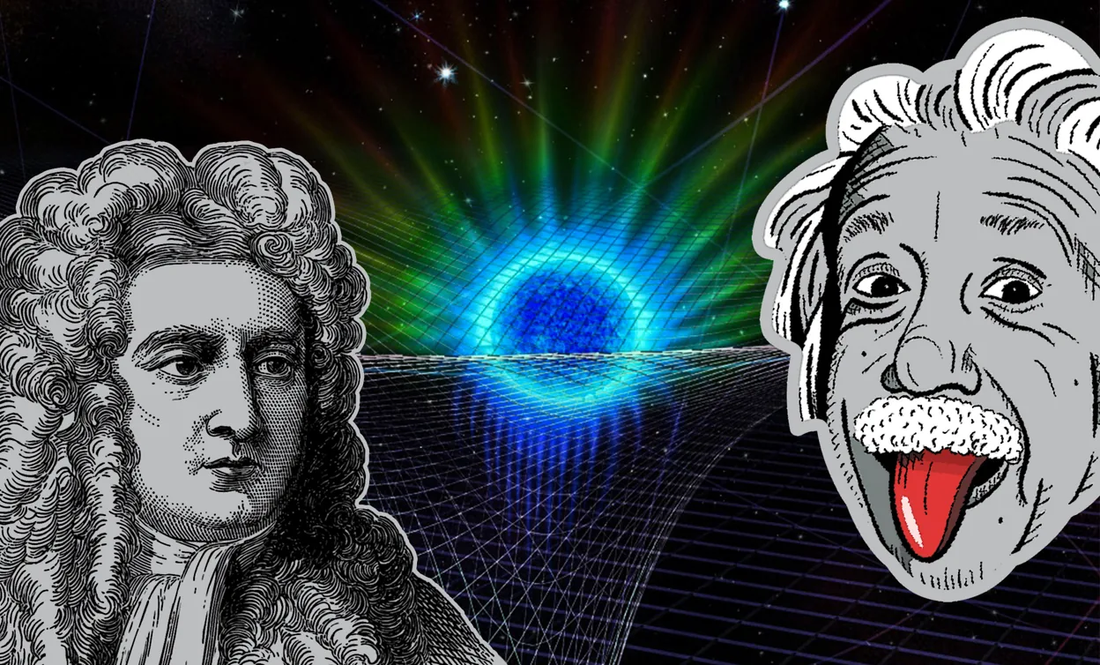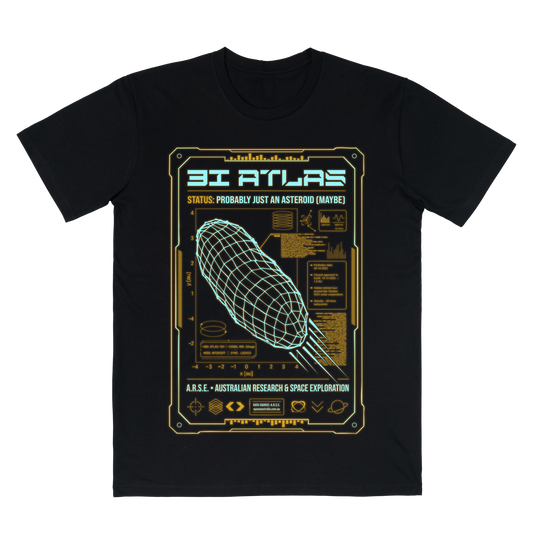
Scientific Theories Are NOT Guesses, Hypotheses or Hunches.
Share
Scientific theories are often misunderstood as being weak arguments because many people are unaware of what a scientific theory actually is. In everyday language, the word “theory” is often used to describe a guess or a hunch. However, in the scientific community, a theory has a much more rigorous definition. A scientific theory is a well-substantiated explanation of some aspect of the natural world that is based on a body of knowledge that has been repeatedly confirmed through observation and experimentation.
Despite this definition, many people still misunderstand scientific theories as being weak arguments.
Here are some of the reasons why this happens:
Misunderstanding the meaning of the word “theory”

As mentioned earlier, the word “theory” has different meanings in everyday language and in science. In everyday language, a theory is often used to describe a guess or a hunch, while in science, a theory is a well-substantiated explanation of some aspect of the natural world. This misunderstanding can lead people to believe that scientific theories are nothing more than guesses, and therefore, weak arguments.
The most common misconception is people confusing the terms "hypothesis" and "theory" and use them interchangeably.
But they are actually different concepts in science. A hypothesis is a proposed explanation for a phenomenon that is based on limited evidence, while a theory is a well-substantiated explanation of a phenomenon that has been extensively tested and is supported by a large body of evidence. In other words, a hypothesis is a tentative explanation that needs further testing, whereas a theory is a more comprehensive and reliable explanation that has stood up to rigorous testing over time.
Lack of understanding of the scientific process

Many people do not understand how the scientific process works. They may believe that scientific theories are just ideas that scientists come up with and that they are not based on any evidence. However, the scientific process is a rigorous and systematic approach that involves observation, experimentation, and analysis. Scientific theories are based on a large body of evidence that has been collected over time and has been subjected to rigorous testing.
Confusing correlation with causation

Another reason why scientific theories are often misunderstood is because people confuse correlation with causation. Just because two things are correlated does not mean that one thing causes the other. For example, there is a correlation between ice cream sales and crime rates, but that does not mean that ice cream sales cause crime. Correlation is just one piece of evidence that scientists use to support their theories, and it must be interpreted carefully.
Misconceptions about scientific consensus

Finally, some people misunderstand the concept of scientific consensus. Scientific consensus does not mean that all scientists agree on everything. Rather, it means that the majority of scientists in a particular field agree on a particular theory based on the available evidence. The scientific consensus can change as new evidence emerges, but it is based on the best available evidence at the time.
In conclusion, scientific theories are not weak arguments. They are based on a large body of evidence that has been collected over time and has been subjected to rigorous testing. However, misunderstandings about the meaning of the word “theory,” the scientific process, correlation and causation, and scientific consensus can lead people to believe that scientific theories are weak arguments. By understanding the true nature of scientific theories, we can appreciate the value of science and the important role that it plays in our lives.




